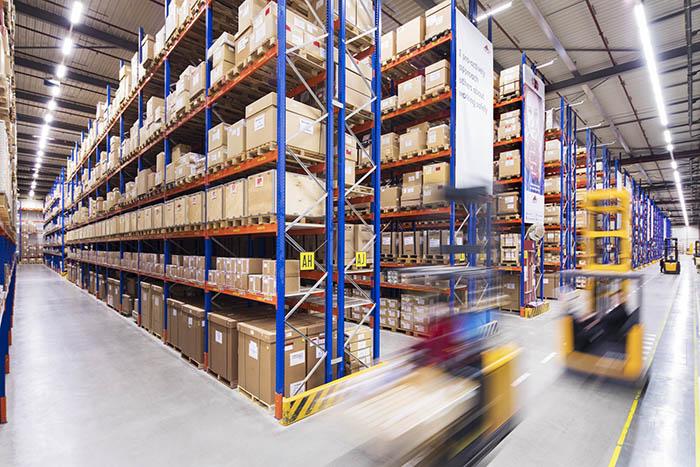Retail logistics in 2030: Shaped by technology, sustainability, and evolving consumer demands
Retail logistics is expected to undergo major changes by 2030, shaped by advances in technology, growing environmental concerns, and evolving consumer preferences. According to CEVA Logistics, these shifts will redefine how goods are distributed, with an increasing emphasis on supply chain transparency, personalisation, and sustainable operations. The forecast is based on research and analysis by Yingli Wang, professor at Cardiff University’s Department of Logistics and Operations Management.
The global retail logistics market, valued at approximately €225 billion in 2022, is projected to more than double by 2030. This growth is closely tied to the continued expansion of e-commerce, which is forecast to reach nearly €44 trillion globally. The sector’s evolution is being driven by customer demand for faster, more personalised services, access to real-time information, and environmentally responsible practices. New technologies, including artificial intelligence, big data, and virtual reality, are expected to play an increasingly central role in meeting these demands.
Logistics providers are likely to deepen their integration with retail partners, especially during peak sales periods such as Black Friday, by offering end-to-end services including supply chain visibility and compliance with emerging regulations like the EU’s Digital Product Passport. These digital tools are designed to improve transparency on product origin, material use, and environmental impact.
By the end of this decade, retail logistics will be heavily influenced by the purchasing behaviour of the Millennial generation, which will represent the majority of the global workforce. Their expectations include seamless shopping experiences and high standards of corporate social responsibility. Younger consumers, particularly from Generation Z, are placing increasing importance on sustainability, often favouring brands that demonstrate ethical production practices and reduced environmental footprints.
Retailers and logistics operators will also face growing pressure to adapt their supply chains to reflect these values. This includes investing in more energy-efficient infrastructure, reducing emissions from transport and warehousing, and implementing product traceability systems. Such changes may come at a significant cost, as they involve not only technological upgrades but also the redesign of operational processes to comply with environmental and social governance standards.
Automation is expected to play a key role in making supply chains more efficient. AI-powered logistics hubs capable of operating with minimal human input will enhance warehouse productivity and flexibility. Alongside AI, technologies such as the Internet of Things and cloud-based inventory management systems will help companies respond more effectively to fluctuations in demand and better manage their resources.
In addition to managing operational efficiency, companies will need to address the environmental impact of their activities. Logistics-related emissions are among the highest contributors to global greenhouse gases, prompting both regulatory responses and changes in consumer behaviour. The shift towards clean urban transport and the use of alternative fuels will be essential in meeting climate targets, as well as customer expectations for sustainable delivery solutions.
Looking ahead, the retail logistics landscape in 2030 is expected to be defined by its ability to respond to complex global challenges, from climate change and regulatory compliance to digital transformation and shifting demographics. Companies that invest in flexible, sustainable, and technology-driven strategies will be better positioned to meet future demands and remain competitive.









